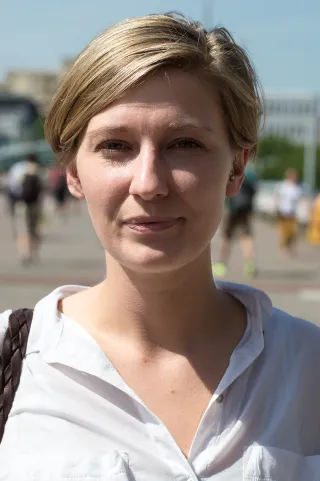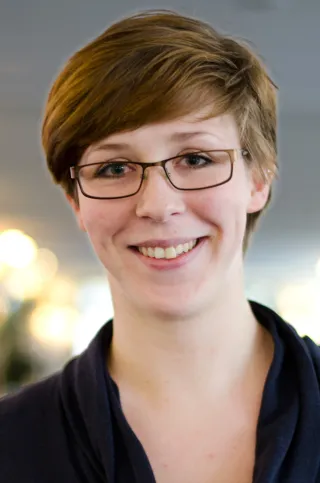Bachelor 2 subject
Art History, Bachelor 2 subject
- Which scopes and methods does this subject entail?
- How can a work of art be described, analyzed and classified within a cultural and historical context?
- In which way and to what effect is art used as a communication medium?
- How is art perceived and theorized?
- Which role does art play in society and which production and distribution requirements are there?
Profile |
|
|
Degree
|
Bachelor of Arts
|
|
Start
|
Winter- and summer semester
|
|
Duration
|
6 semesters
|
|
Classroom language
|
German
|
|
Admission
|
Not restricted
|
2-Subject Bachelor Programme |
| This degree programme requires a second subject for which advanced knowledge of German language is mandatory. |
Other degree programs in the subject
rub



